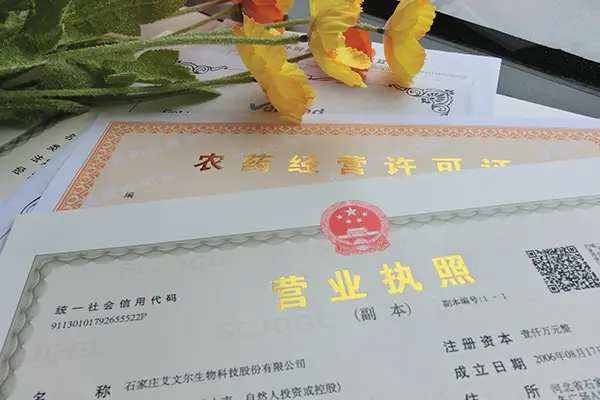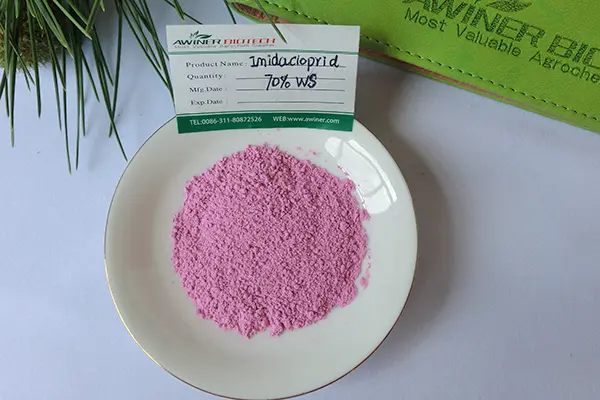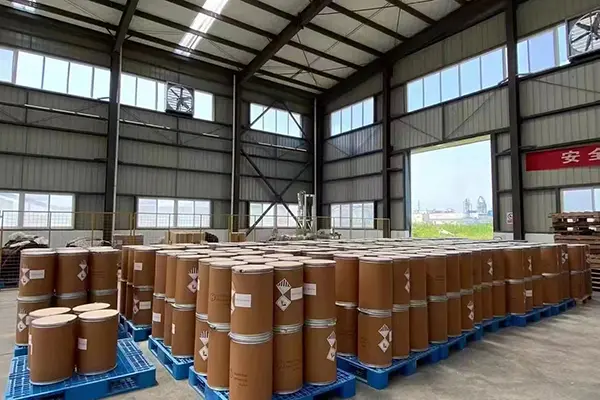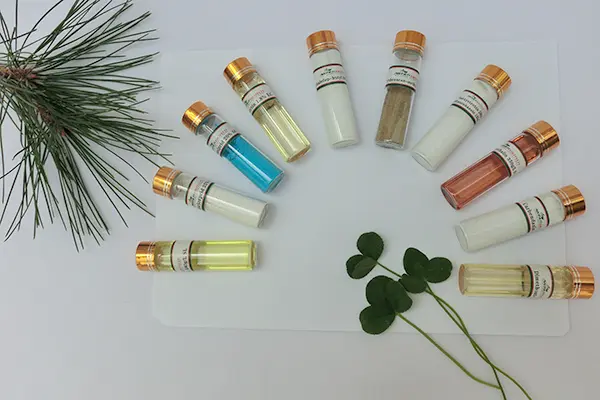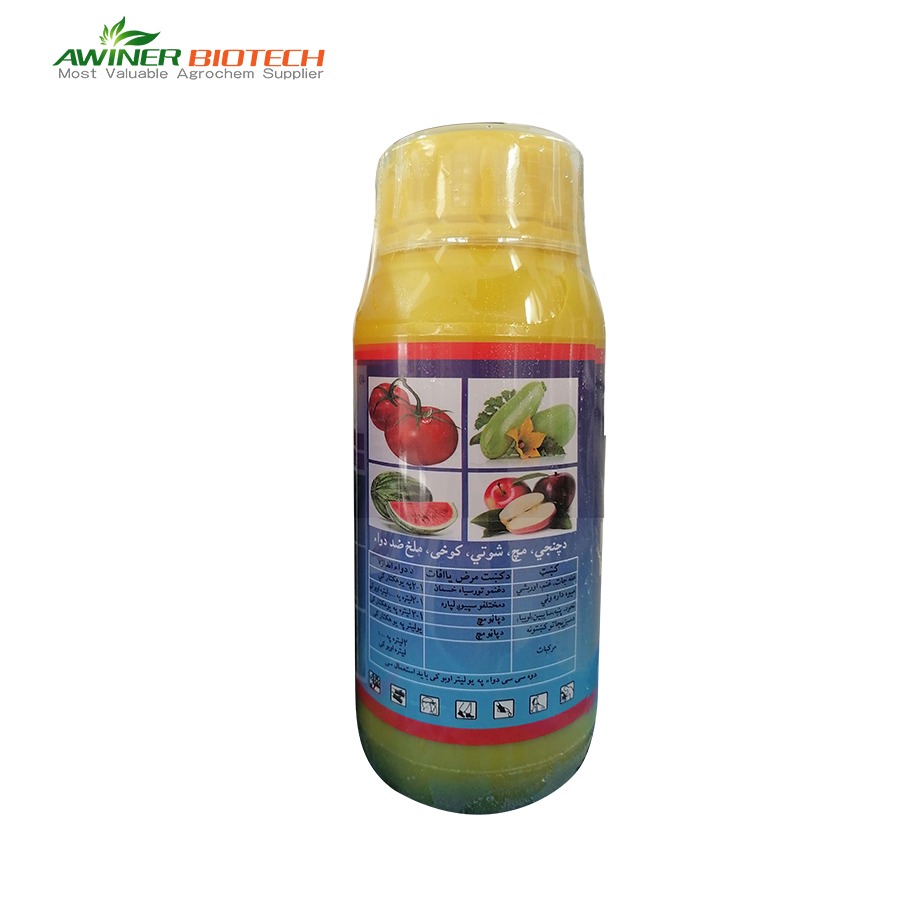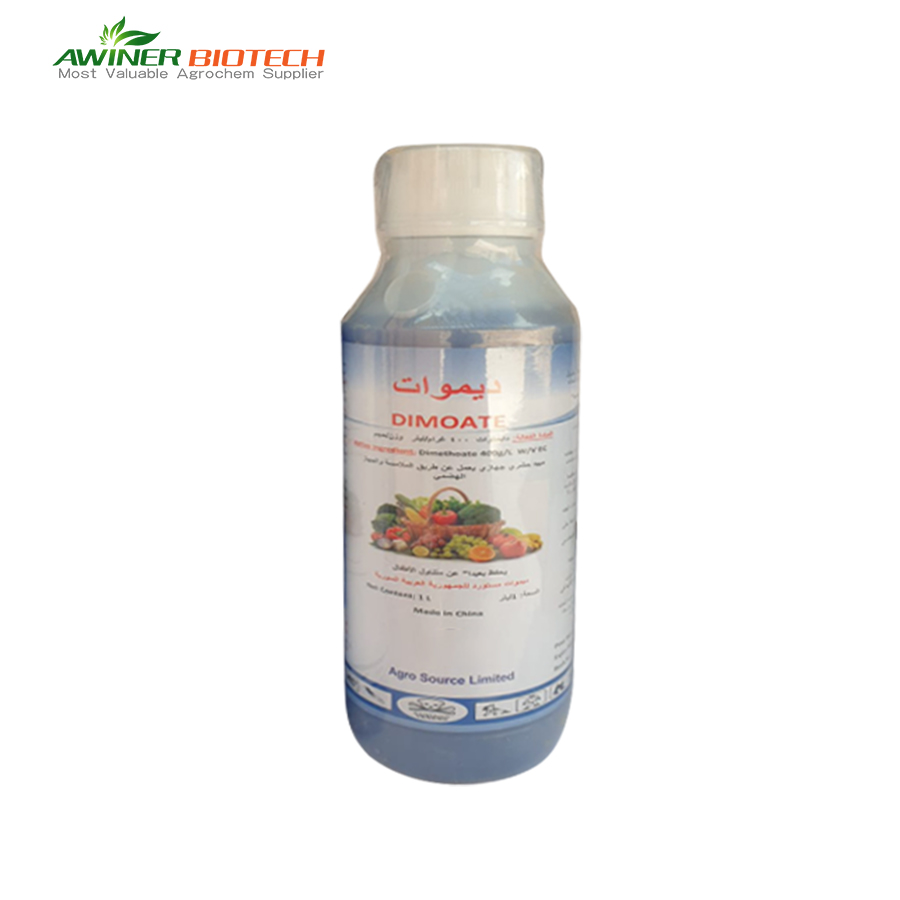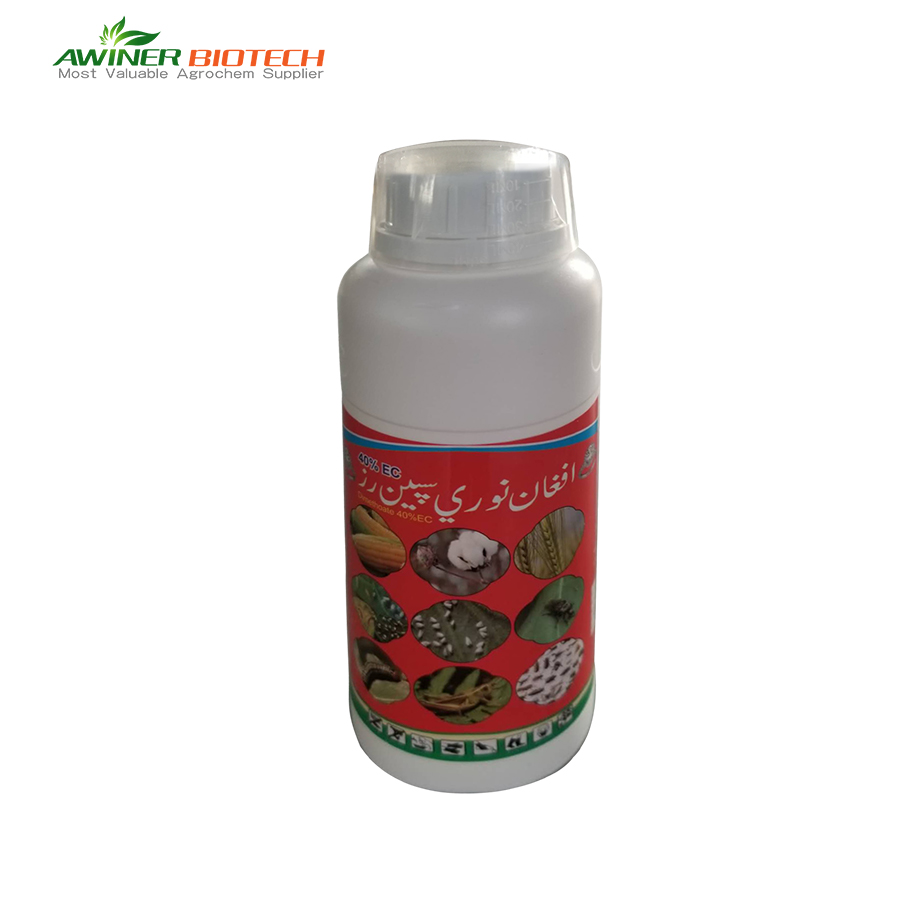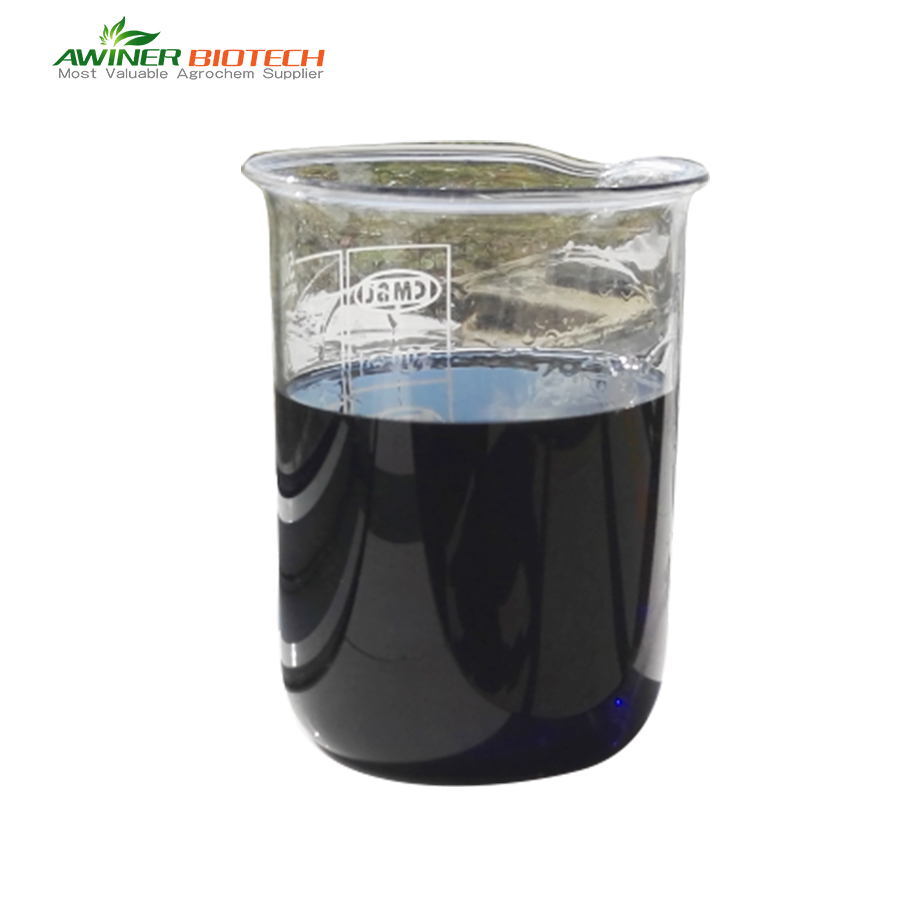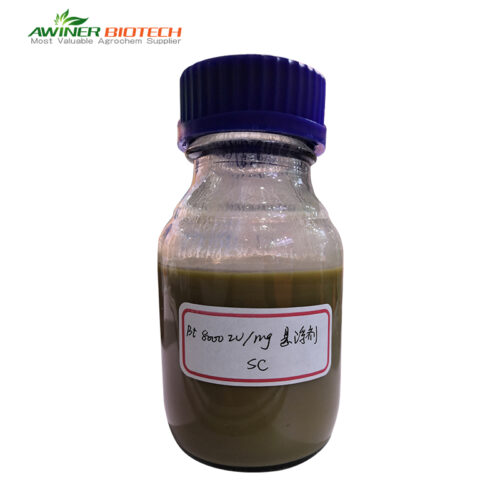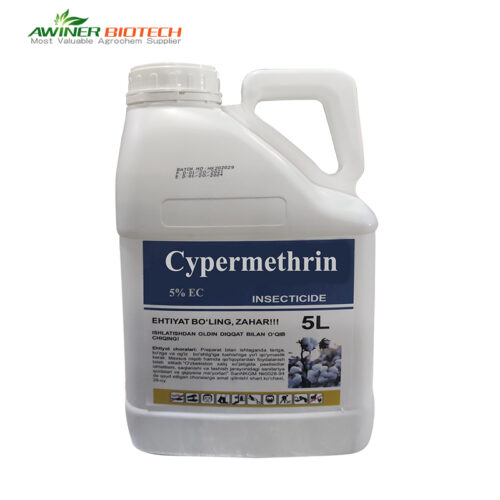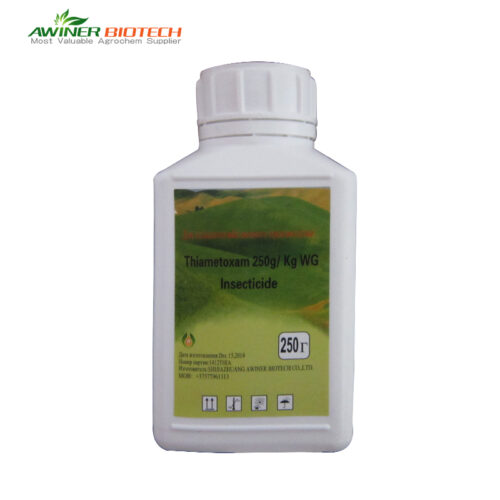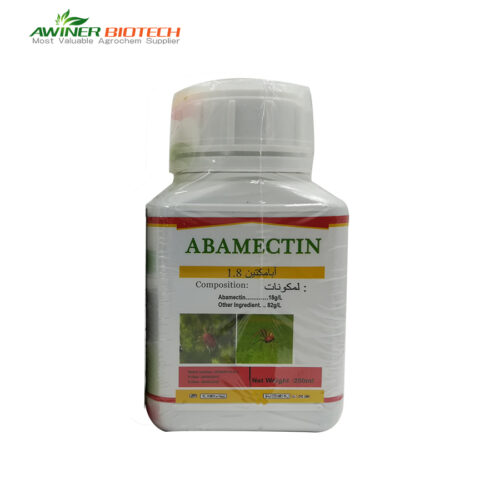Dimethoate |
|
| Dosage form | 40%EC |
| Packing | Liquid:50ml、100ml、250ml、500ml、1L、5L、10L、20L Solid:10g、50g、100g、250g、500g、1kg、5kg、10kg、25kg |
| Formulation | Customized |
| Label | Customized |
| Crop | 1. Tobacco – Aphids 2. Cotton – Cotton Bollworm, Mites 3. Rice – Rice Leaf Folder, Rice Planthopper |
| Certification | SGS、 ISO 、BV |
| Delivery time | 20-30 days |
| Mixture products |
|
| Payment terms |  |
Dimethoate works primarily through contact and stomach action, providing rapid and effective control of aphids, mites, leafhoppers, and other pests. Suitable for use on a variety of crops such as fruit trees, vegetables, and cotton, Dimethoate ensures healthy crop growth, improving both yield and quality.
Description for Dimethoate
Dimethoate is a systemic organophosphate insecticide and acaricide, specifically designed to protect various crops such as fruit trees, rice, corn, and other agricultural plants. It targets pests like aphids, mites, and thrips by inhibiting the acetylcholinesterase enzyme, causing paralysis and death. Effective as both a contact and stomach poison, Dimethoate provides rapid action and residual control, making it an essential component in integrated pest management programs.
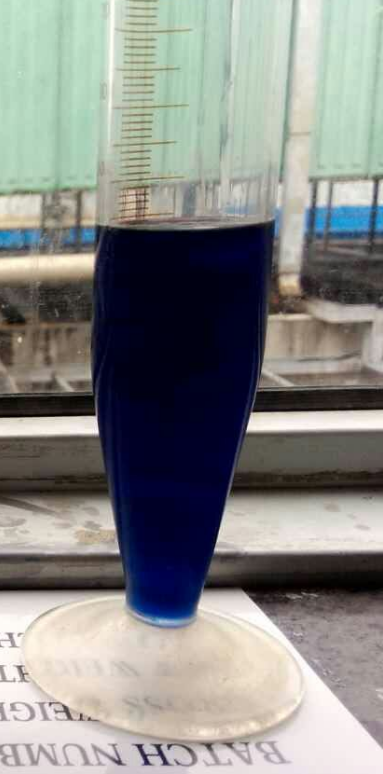 |
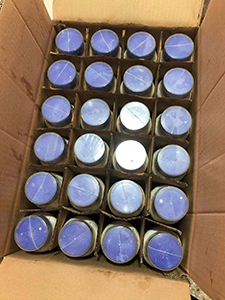 |
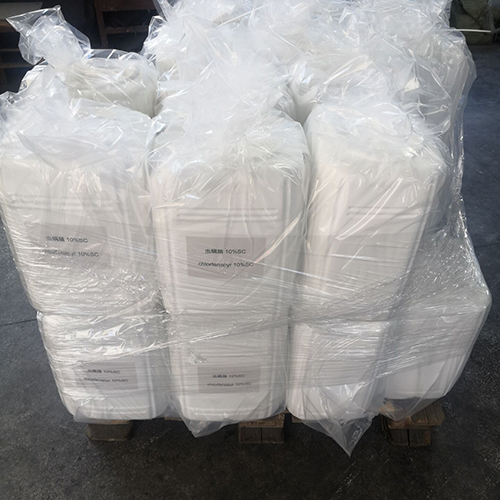 |
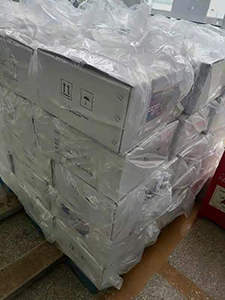 |
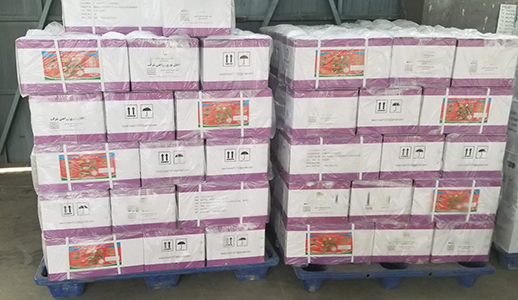 |
Dimethoate is a highly effective, systemic organophosphate insecticide and acaricide. It works by inhibiting acetylcholinesterase, an enzyme essential for nerve function in insects and mites. This action causes overstimulation of the nervous system, leading to paralysis and death of the target pests. Dimethoate is particularly effective against sucking insects like aphids, thrips, leafhoppers, and certain species of mites.
It is widely used on crops such as vegetables, fruits, cotton, wheat, and ornamentals. Apply Dimethoate at the early stages of infestation when pests are actively feeding. This ensures quick knockdown and prevents the spread of plant diseases. Due to its systemic properties, Dimethoate is absorbed by plant tissues and provides long-lasting protection for new growth, making it effective for both foliar and soil applications.
In addition, Dimethoate has excellent translaminar activity, allowing it to penetrate leaf surfaces and control pests hiding on the underside of leaves. However, it is toxic to beneficial insects and pollinators, so avoid spraying during blooming periods or when bees are active.
<About Awiner Biotech>
